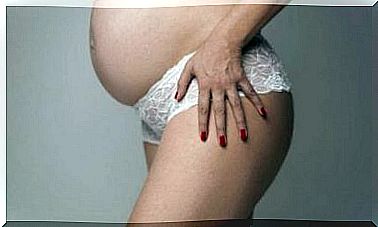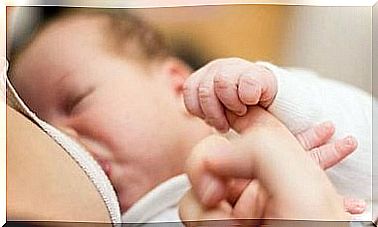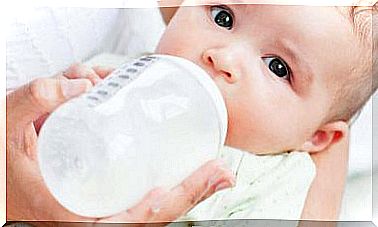How To Avoid Fluid Retention During Pregnancy – I’m A Mom
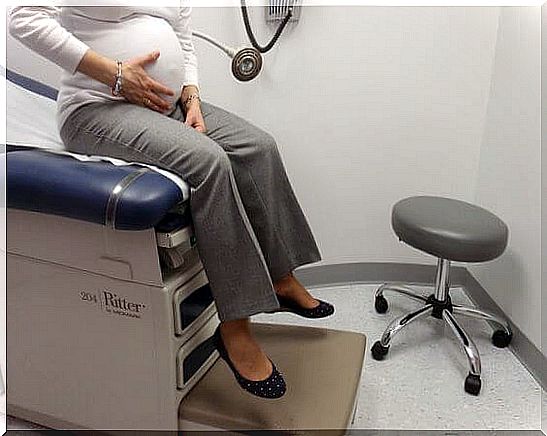
In this article we are going to talk about how to prevent fluid retention during pregnancy and learn how to deal with this problem.
During the sweet wait, many things change in a woman’s body. The belly grows, the hips get wider and, until the third trimester, it is possible to suffer from swelling in some parts of the body. This last factor, without a doubt, generates feelings of unease.
Fluid retention during pregnancy is a phenomenon also known as edema.
An edema is nothing more than an accumulation of fluid in the tissues, which is usually manifested by swelling in the feet and ankles. In addition, it is also possible to feel indisposition, fatigue and persistent tiredness that cause great discomfort for pregnant women.
These symptoms usually appear more frequently from the fifth or sixth month of pregnancy. Usually, in the days after childbirth, they become more pronounced. This is because part of the weight that a pregnant woman gains in the final phase is liquid.
Fluid retention during pregnancy is considered by specialists to be a normal manifestation of this phase. It is not a cause for concern, although it is essential to be always aware of what happens in our body.
Swelling of the legs and ankles usually disappears when we obey the recommendation to rest. But in some cases, this swelling can appear on the face and hands.
If this is your case, you need to give it due attention and immediately consult your gynecologist. Well, this is one of the signs of pre-eclampsia, one of the most common illnesses in pregnancy.
How to prevent fluid retention during pregnancy
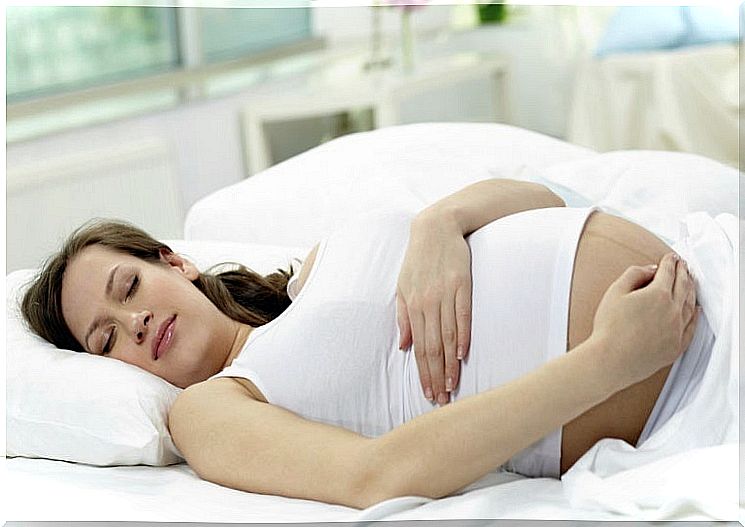
The causes of fluid retention during pregnancy may vary from woman to woman.
The important thing is to accumulate as much information as possible. That is, knowing what the causes are in order to combat the effects. Below we describe some of the main causes:
- Hormonal changes: during pregnancy there is a hormonal imbalance in the body. This favors fluid retention. There is an increase in the level of progesterone in the blood, which causes the blood vessels to leak more fluid into the tissues.
- Environmental Conditions: Excessive heat or humidity can cause a person to retain more fluid in the body. Even more so if you’re pregnant.
- Physical Activities: Long standing or sitting at work or on long journeys can lead to increased fluid retention.
- Intake of salt and sodium: Consuming foods high in salt and sodium also cause fluid retention in the body and subsequent swelling of the lower extremities.
- Inappropriate clothing and shoes: Wearing very tight clothing as well as high-heeled shoes often produce feelings of fatigue and pressure in the legs and feet.
- Medications: some medications such as antihypertensives and antidepressants can stimulate the appearance of edema.
- Organic factors: If you suffer from a kidney or heart disorder, you may experience fluid retention more often.
How to avoid fluid retention

- Exercise moderately. Short daily walks or swimming remarkably improve blood circulation.
- Control your weight. Avoid being overweight. Consume healthy and balanced foods. Eliminate salty snacks and all those things that are highly industrialized from your diet.
- Consume foods high in potassium and low in salt. Foods such as bananas, spinach, pineapple and zucchini contribute to the elimination of fluid from the body through urine. Vegetables and vegetables should not be missing from a pregnant woman’s diet.
- Comfortable clothes and shoes. It is most appropriate to wear loose-fitting clothes and wear comfortable shoes.
- Drink water. Taking the amount of water recommended by your doctor is one of the best things you can do as it helps to flush toxins from your body. Staying hydrated during pregnancy is critical.
- Ask your partner to massage the areas where fluid retention occurs. Applying creams or a gel with gentle movements will alleviate the discomfort in your legs, ankles and feet. Besides, it will also contribute to the elimination of liquids.
- Put your legs up. Lying in bed with your legs elevated and supported on the wall is a solution to reduce the discomfort of edema. Ideally, do this simple procedure for fifteen or twenty minutes.
Follow these tips and you’ll say goodbye to extreme bloating.


